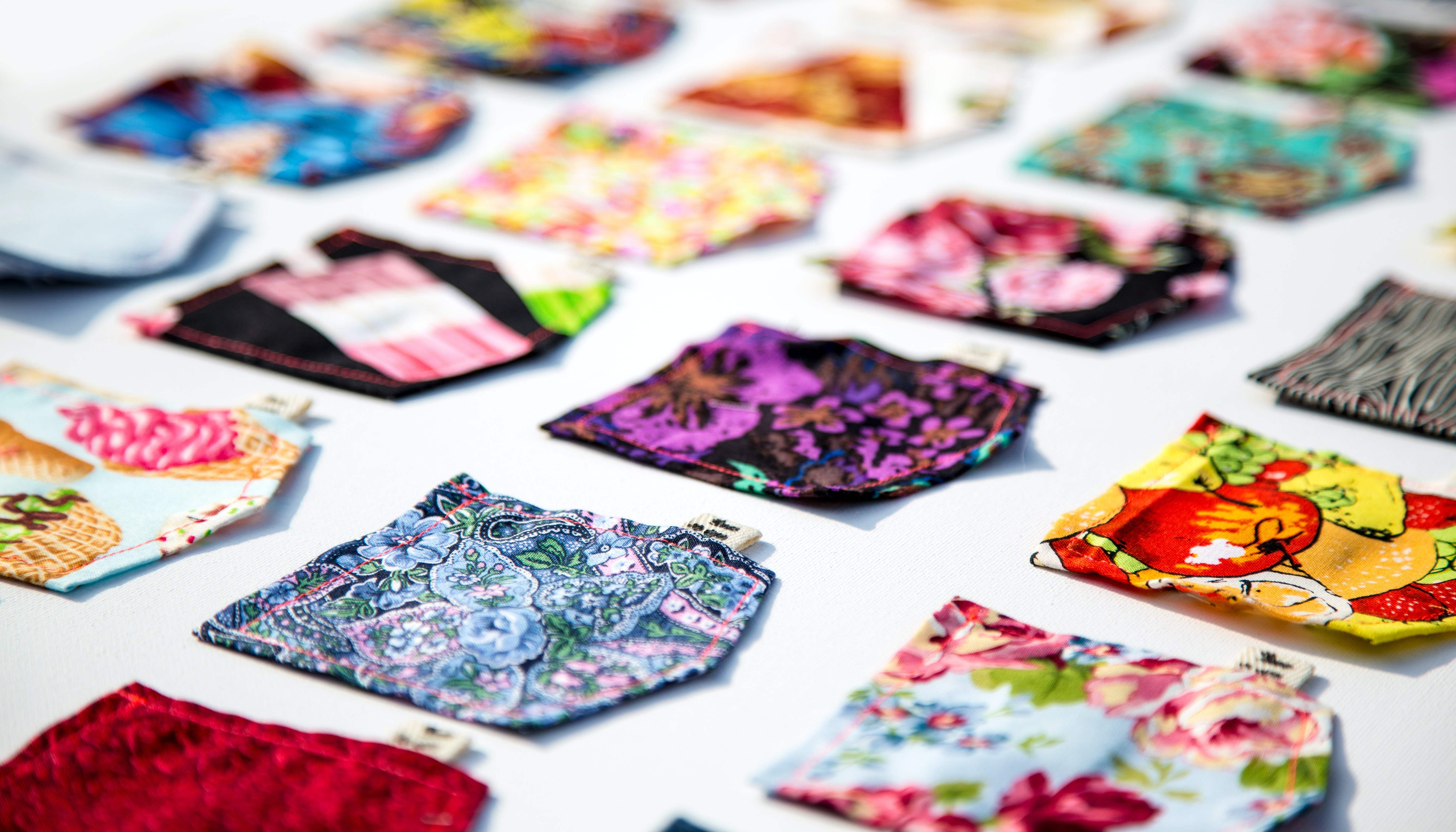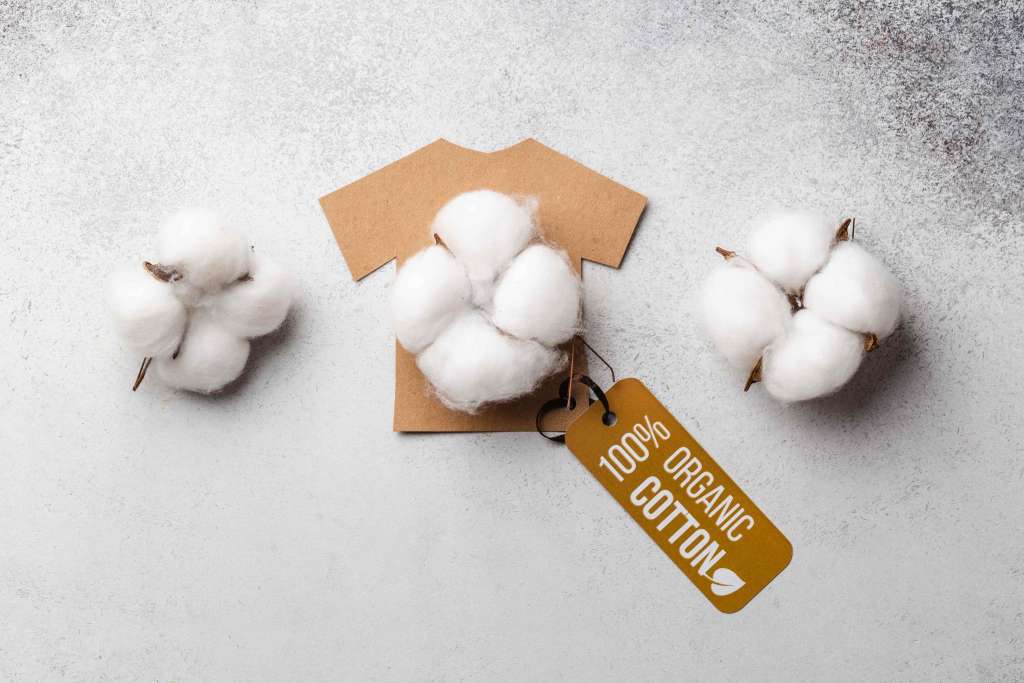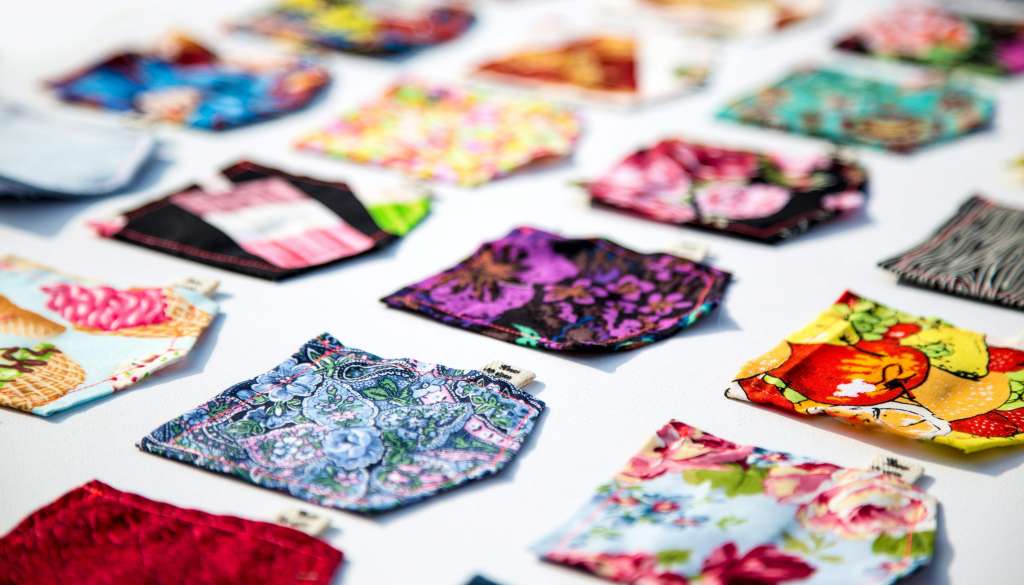Organic Cotton Fabric: What to Look for in a Manufacturer



Summary: If you're interested in sustainable fashion, organic cotton fabric is the material of choice. Getting a better understanding of organic cotton fabric can help make a more informed decision when selecting a suitable supplier. Let's learn about how organic cotton is cultivated, its many benefits for the environment and the user, and how you can find the perfect organic cotton fabric supplier for your business needs.
Cotton is one of the most popular fabrics used in clothing. It is used to manufacture both outerwear and innerwear. Most of the cotton used in clothing is natural cotton, but a more sustainable variety called organic cotton is now becoming more and more popular in the fashion industry.
Organic cotton comes from non-genetically modified plants that are grown without conventional pesticides or chemicals. It is also considered a sustainable crop because of the relatively low use of water and fertilizer, and the consequent ability of the soil to replenish itself. Organic cotton is typically sourced from developing countries throughout Asia, Africa and Latin America.
Before we set out to find an organic cotton fabric supplier, let us first understand the difference between natural and organic cotton.
Is Organic Cotton the Same as Natural Cotton?
The simple answer is no. But the answer may be more complex, as the product may turn out to be similar but the processes that lead to the harvesting of the crop are quite different.
Organic cotton is free from chemical pesticides or fertilizers. It is made in a way that sustains the environment, making it the best available option for clothing production if you're concerned about the health of the planet.
On the other hand, natural cotton is grown as per traditional practices, which are water-intensive and dependent on harsh chemicals harmful that impact human beings and the earth.
What to Look for in an Organic Cotton Fabric Manufacturer

Finalizing an organic cotton fabric manufacturer is not just a product-related decision. It is also about fostering a partnership based on shared values that will align at every step of the way.
Here are the 6 key tips for identifying and picking the best partner from the many organic cotton fabric suppliers in the market.
1. Researching the cotton sourcing history for consistency in quality
When it comes to sourcing organic cotton fabric, manufacturers with single-point sourcing are always better than those acquiring cotton from multiple sources. This is because, unlike natural cotton, organic cotton produce varies in quality from region to region. Differences in fabric quality may end up jeopardizing your clothing line, which is why you must do your research about the sourcing practices of a supplier you're shortlisting.
2. Verifying certification for genuineness
Authentic organic cotton must be grown, produced, and manufactured according to the Global Organic Textile Standards (GOTS), which are recognized throughout the world. These benchmarks are based on stringent environmental and labor requirements. When choosing a supplier, you must enquire about whether or not they possess these certifications.
3. Checking for the use of natural or low-impact dyes
Chemical dyes result in high amounts of wastewater that are flushed in freshwater and marine ecosystems. Therefore, when setting up a deal with an organic cotton fabric supplier, it is essential to ensure that the dyes they use are natural or low-impact so that your products are manufactured sustainably.
4. Discussing the scalability of operations
Before placing an order, always find out whether an organic cotton fabric supplier has adequate capital and cotton stock to scale up operations. Assess your requirements beforehand and discuss possibilities accordingly. It is better to find out your supplier’s ability to scale operations because the organic cotton supply is not always seamless owing to weather conditions and other variable factors.
5. Verifying support for fabric enhancements and blends
Modern-day fabrics should be not only ethically sourced and organic but also tech-friendly and versatile. The supplier you pick should be able to provide a high-quality organic cotton fabric that facilitates easy blends with other fibers, pigments, and treatments.
6. Asking for return swatches
Since organic cotton fabric is in demand for clothes, blankets, quilts, denim, footwear, and other items, many wholesale fabric suppliers may agree to send you sample swatches to understand the texture, finish, color and consistency of their fabric. You can run tests on these swatches to narrow down your search for the ideal material you have in mind for your products.

Going Organic with Fabric: Good for Business, Good for the Earth
Cotton is one of the most widely used and least expensive fabrics in the clothing industry. Most clothing is made from natural cotton or synthetic cotton. However, as countries clamp down on exploitative conventional manufacturing systems, several fashion brands are slowly switching to organic cotton fabrics with a more sustainable approach. Both new and well-established brands are now actively looking for organic cotton fabric suppliers to meet their production needs.
Fashinza is a reliable partner that connects you with reliable manufacturers and suppliers for a seamless supply chain experience.
Key Takeaways
- Organic cotton fabric is biodegradable, made from non-GMO seeds and uses relatively less water to produce than natural cotton.
- With UN sustainability goals and laws in the UK and the US pushing for ethical and sustainable manufacturing, fashion brands are opting for organic cotton fabric.
- In selecting a cotton fabric manufacturer, ask for certification, find out scalability and check if the dyes used are low-impact or naturally sourced.
Fashinza connects sustainable fashion brands with organic cotton fabric manufacturers. You can get in touch with us for more insights into sustainable fabrics and fashion, and reap the benefits of our one-stop platform for streamlined business operations.
Visit Fashinza today to connect with the best organic cotton fabric suppliers for your brand!



















